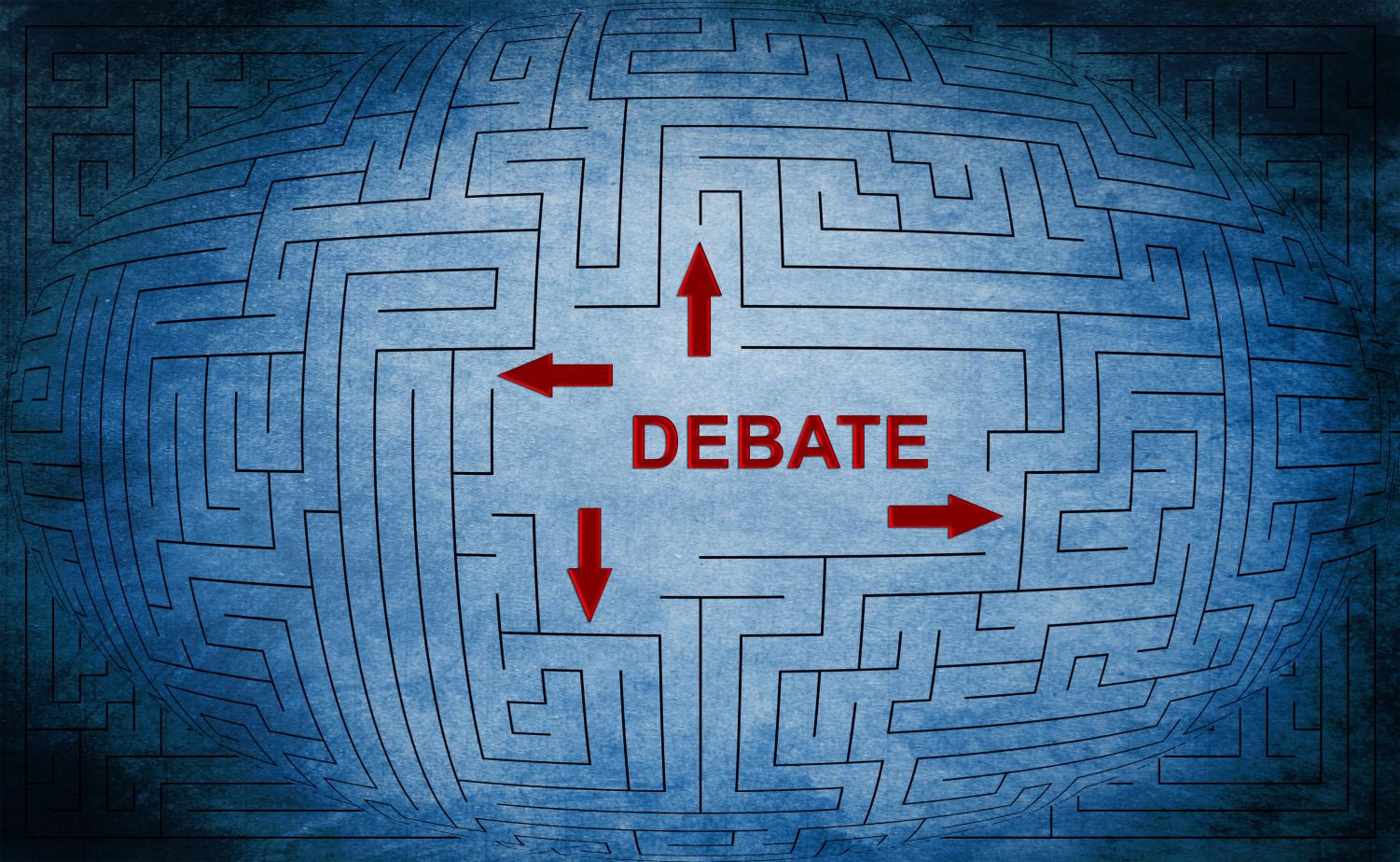Debates and arguments permeate our society. We can find them on our social media, on TV talk shows, on the radio, even during meals and holidays. People disagree a lot, and they’re not afraid to show it;
Now, this is not necessarily a bad thing. People, of course, are allowed to have diverse and differing beliefs and ideals. But our society has a strange way of handling it.
One of these ways is to agree to disagree. This is, for the most part, a pretty good way of handling it. If someone thinks a certain book isn’t all that great, but their friend thinks very differently, then who cares, really, if they agree or not? That’s not the end of the world.
But what if they disagree about something more serious? Say, for example, one person believes that it’s perfectly alright to only hire people of one ethnicity for whatever reason—it’s really an issue of prejudice, but that might not be the reason they claim. If their friend disagrees with them, should they just agree to disagree? Or should they spend time arguing with their friend in order to help them see what is wrong with the issue? Or is there some happy compromise?
Another common way people handle disagreement is to try to shut down any opposing arguments. For example, on social media, debates tend to escalate into arguments, arguments into insult wars, and insult wars into enemy camps refusing to speak to each other. That’s not healthy.
Of course, if an issue is really personal to someone, it can seem like an attack on their very person. I’ve faced a number of those, actually, from people I care deeply for. But to lash out and insult doesn’t help, and to shun the person or people who hold that view means that there’s not a great chance at helping them understand where you’re coming from. Which is why agreeing to disagree seems like such a good idea.
There’s another way of trying to handle this disagreement without lashing out and without ignoring the issue in favor of smoothing over ruffled feathers: debate. We use this method to try to avoid the insults that can come from these discussions since debates are supposed to be logical. It also helps us to address disagreements that can’t just be ignored without falling into insults. So long as both sides are willing to listen and to learn, debating is a useful tool.
But there’s a dark side to this option too—only it’s a lot harder to see. Unlike ignoring a huge moral issue or dissolving into insults, the dark side of debate looks almost exactly like its best aspects. See, the problem with a debate is that, too often, an answer or an argument that holds emotion at its core is considered irrelevant. A debate is supposed to be logical, we say. It’s supposed to be fact-based.
However, issues shouldn’t be separated from emotion because emotion is a large part of how we process the world. No, we shouldn’t get so angry about an issue that we stop listening and start shouting, but if we’re not invested in the topic, why are we arguing about it at all? For mental stimulation? For the chance to “win”?
If it’s the former, how cruel does that make us? We’re only debating issues that challenge our brains, which means that very valid issues might not ever be discussed, and issues that hold little true importance get debated from every conceivable angle.
If it’s the latter, how arrogant are we? To think that “winning” a debate is more important than solving an issue and coming to a consensus is incredibly self-centered and harmful to our society as a whole. It’s not about winning. Nothing about this sort of dialogue should be about winning. It should be about creating the best version of our society that is possible.
Like the age-old story of the blind men and the elephant, debating has us all squaring up with our version of the facts. It holds us captive to logic, but dismissive of understanding. We can’t get anywhere this way.
So let’s remove debate and save disagreeing for the small stuff. Instead, let’s try puzzle-solving. Let’s try taking turns with stating the facts we know, not to win but to give our own experiences a voice. Let’s piece it together and find the missing parts, using the parts of the elephant to discover the whole. Maybe then we can actually get somewhere worth going without so much divisiveness.


